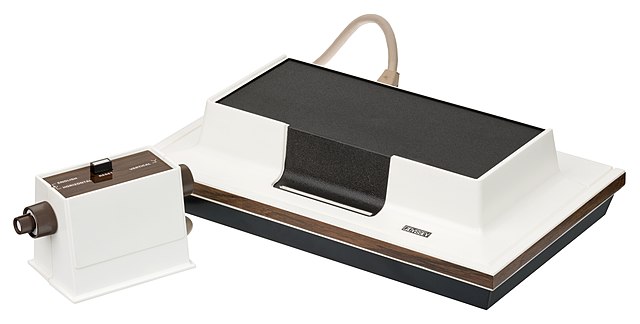Intellectual property protection of video games
The protection of intellectual property (IP) of video games through copyright, patents, and trademarks, shares similar issues with the copyrightability of software as a relatively new area of IP law. The video game industry itself is built on the nature of reusing game concepts from prior games to create new gameplay styles but bounded by illegally direct cloning of existing games, and has made defining intellectual property protections difficult since it is not a fixed medium.
The Tetris Company won its case against Xio Interactive, on the basis that Xio's game Mino (right) copied too much of the look-and-feel of Tetris (left).
Sega patented the core gameplay mechanics of games like Crazy Taxi to prevent cloning.
A video game clone is either a video game or a video game console very similar to, or heavily inspired by, a previous popular game or console. Clones are typically made to take financial advantage of the popularity of the cloned game or system, but clones may also result from earnest attempts to create homages or expand on game mechanics from the original game. An additional motivation unique to the medium of games as software with limited compatibility, is the desire to port a simulacrum of a game to platforms that the original is unavailable for or unsatisfactorily implemented on.
The FC Twin, a popular clone system compatible with game cartridges for the original Nintendo Entertainment System and the Super NES.
The Russian "Турнир" ("Tournament") Pong clone
The Magnavox Odyssey
The Overkal, made by Inter Electrónica S.A. in 1974, a clone of the Magnavox Odyssey for the Spanish market






